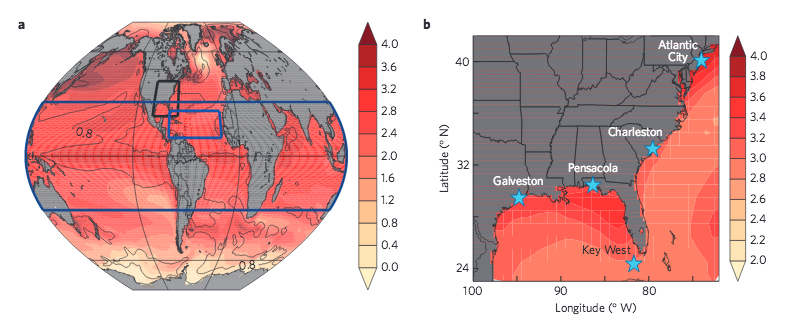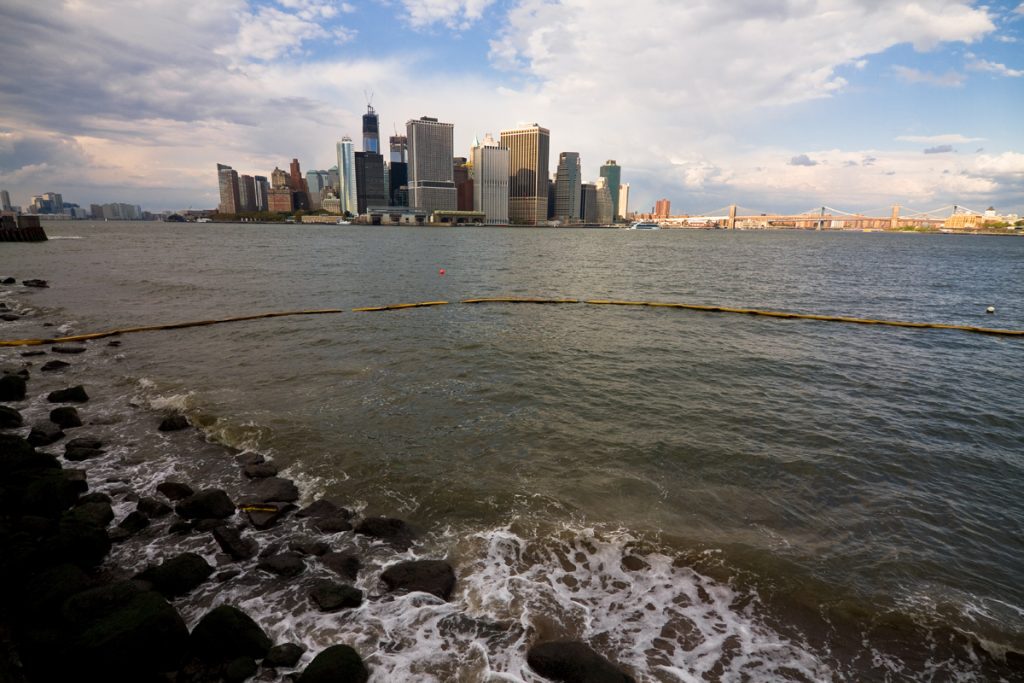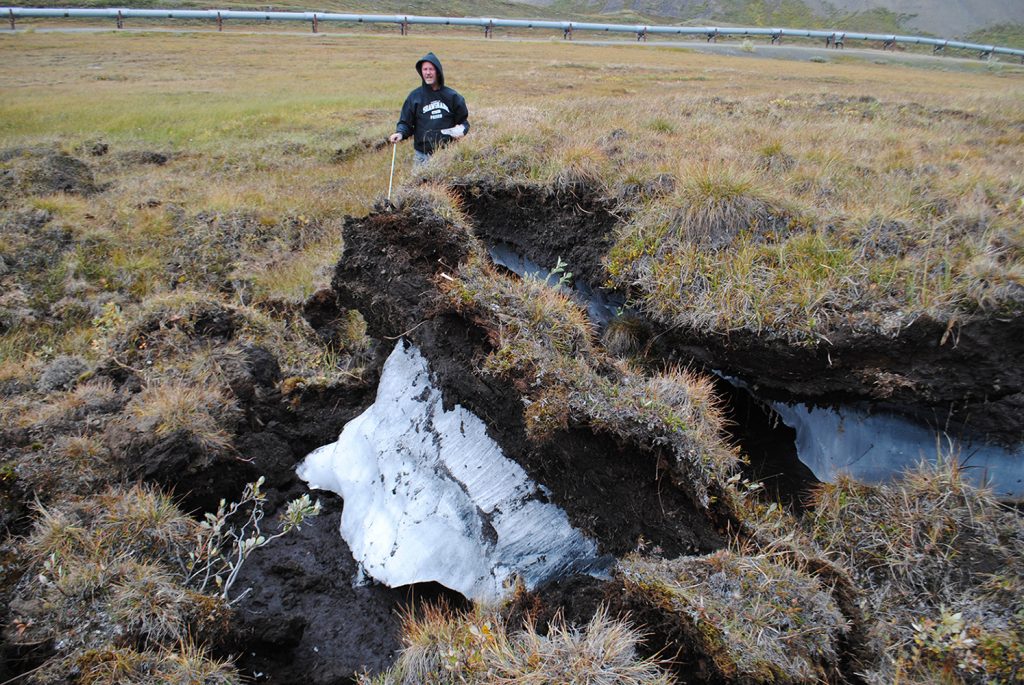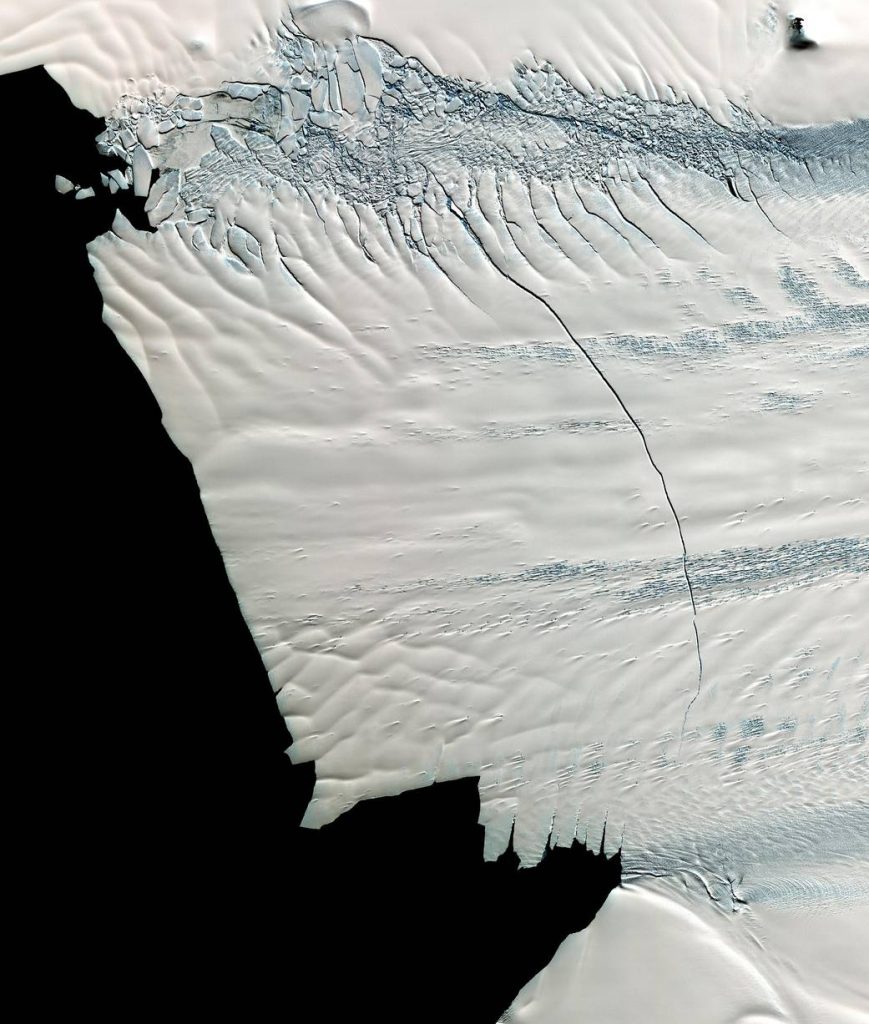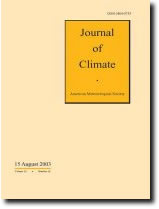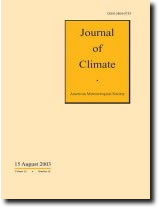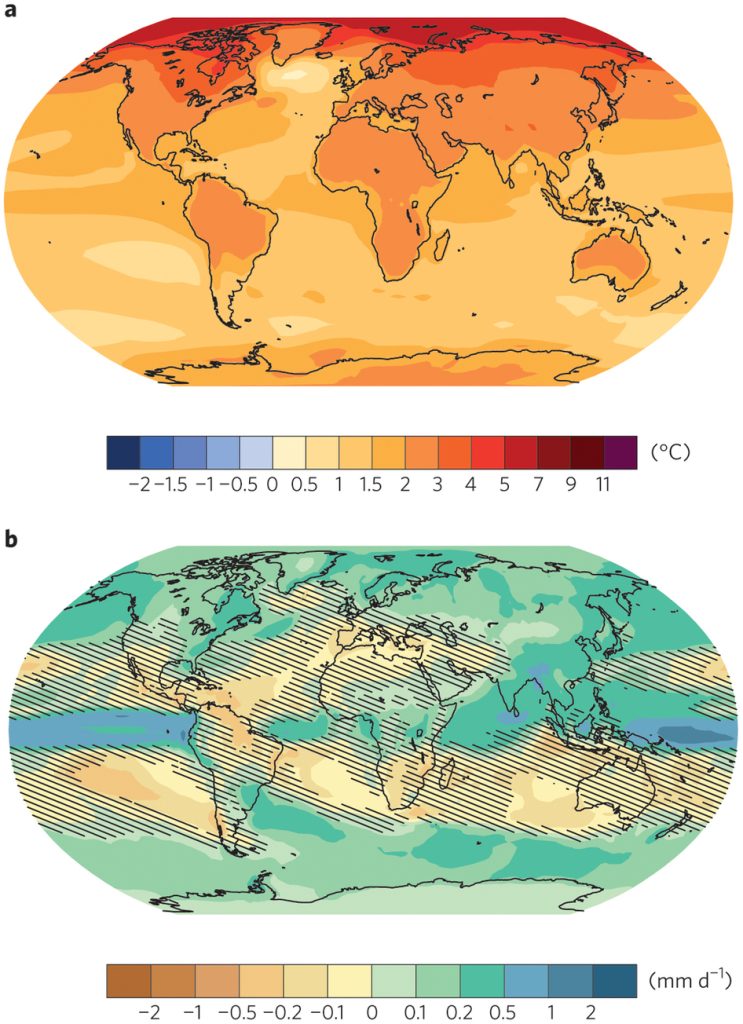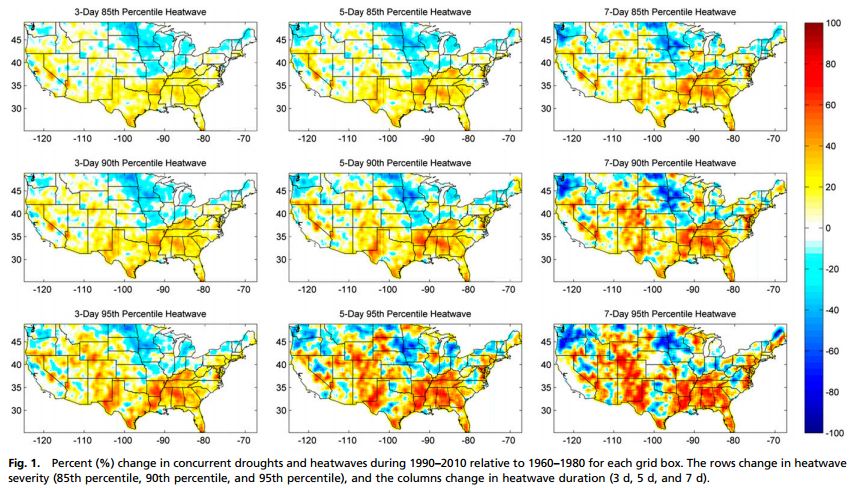The reinvigoration of the Southern Ocean carbon sink
COD-funded researchers attempt to answer the question “Has global warming slowed the uptake of atmospheric carbon dioxide by the Southern Ocean?” in a new study in Science.
The reinvigoration of the Southern Ocean carbon sink Read More »



